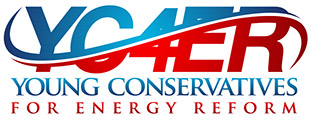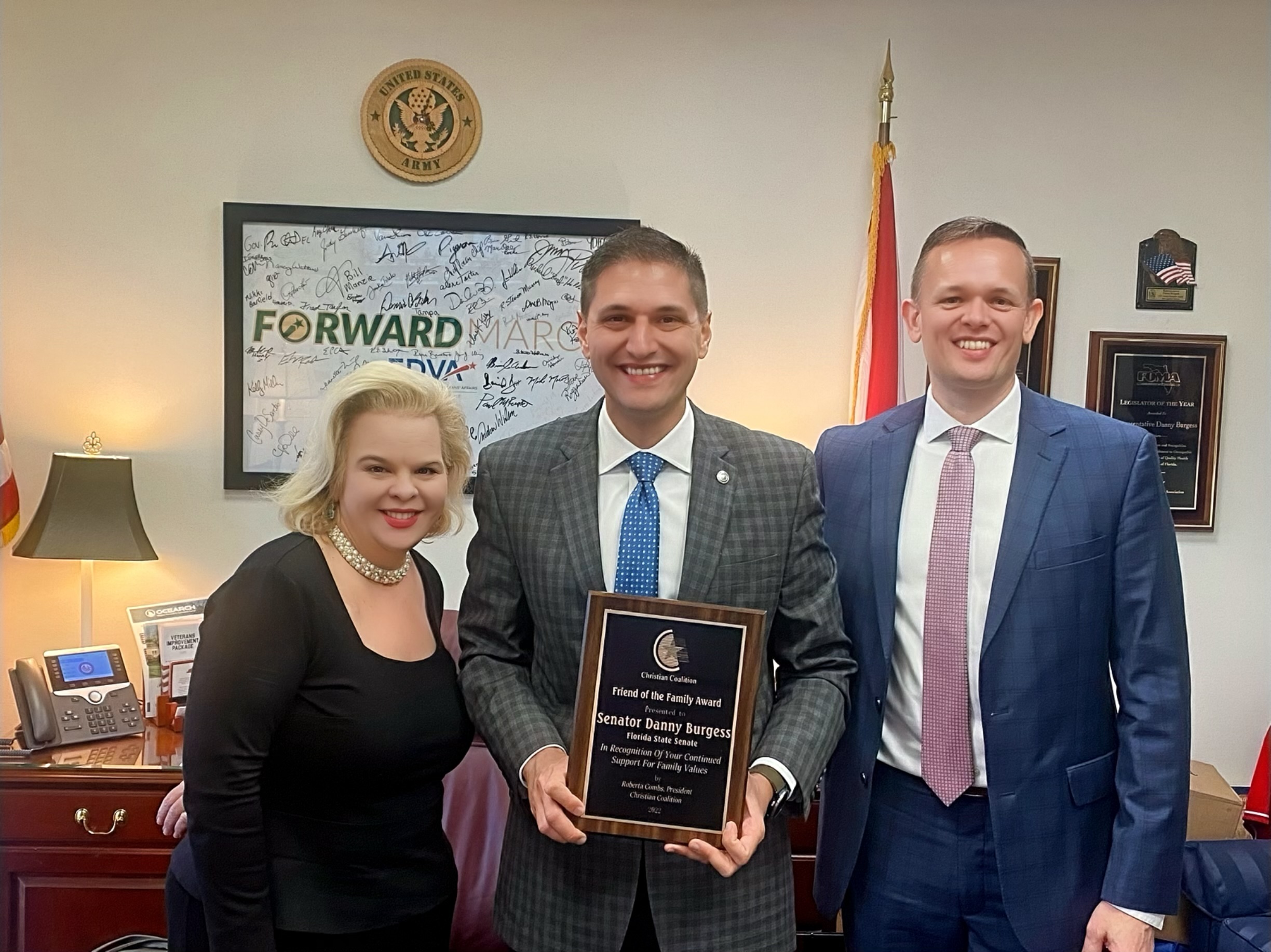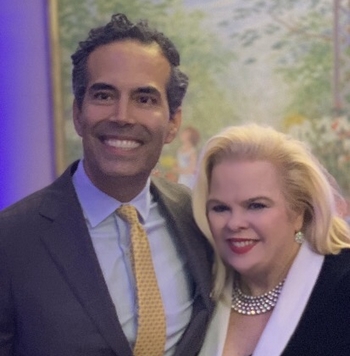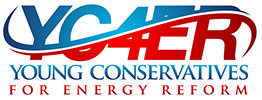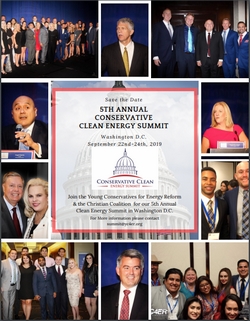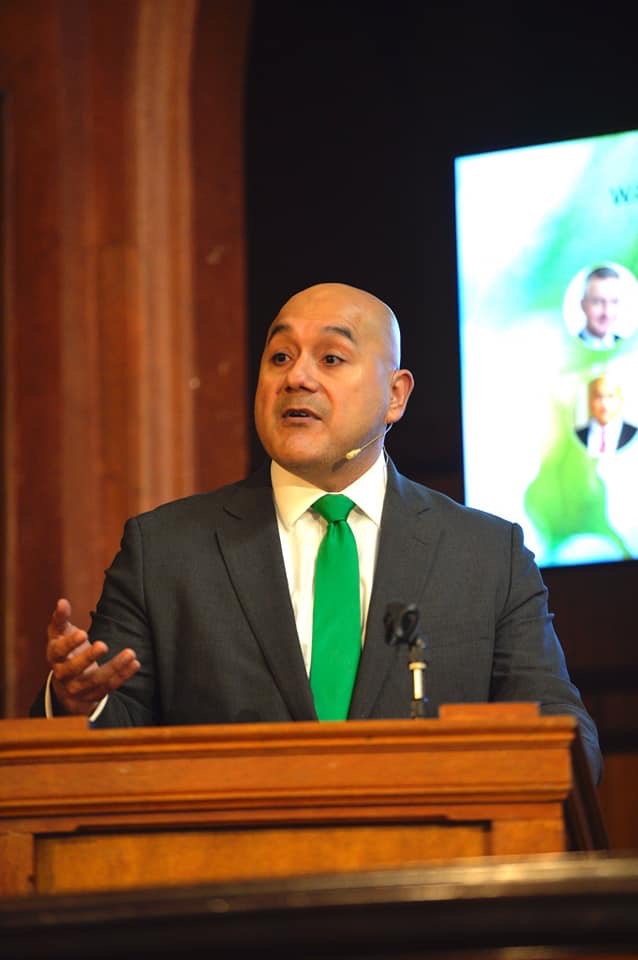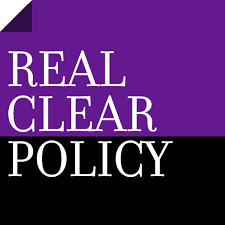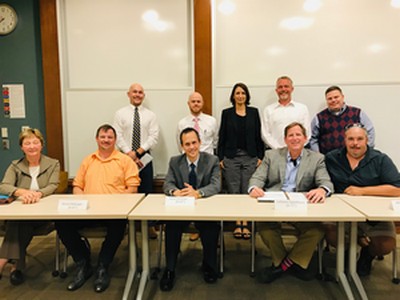CLEVELAND, Ohio — A handful of business strategists, conservative think tank mavens and Republican political operatives spent half a day Thursday at Cleveland State University trying to come to grips with the partisan political vortex that has swallowed any rational discussion in the GOP about climate change and what to do about it.
Some decried the ascension of Donald Trump as the presidential nominee.
One strategist predicted a “Trump Armageddon” in November for the GOP, partially because the party has turned its back on environmental issues and is eager to dismantle the U.S. Environmental Protection Agency.
“Seventy percent of the electorate sees climate change as a real significant problem that demands a serious response,” lamented Jerry Taylor, president of the Washington, D.C.-based Niskanen Center and the former director of natural resources studies at the Cato Institute, a Libertarian think tank influential among conservative Republicans.
“That’s 70 percent of the electorate that this party is not talking to. This party has been taken by the throat by political extremists who represent about a third of the public. And we are obsessing about how to talk to them. Because they are holding this party hostage,” said Taylor, who has also headed an environmental and energy task force for the American Legislative Exchange Council, or ALEC.
Mark Pischea, a member of the right-leaning Conservative Energy Network and a partner in the Michigan-based Sterling Corp., a Republican campaign consulting company, said the battle has to be fought on a local level, not at a convention.
“We are having discussions at Cleveland State University, not in the convention hall,” he pointed out. “We need to win the hearts and souls of the county chairs, the district chairs, and party officers. This is a fight we are going to win from within, not from without.”
Michele Combs, a former leader of the Young Republicans and now chair and founder of the Young Conservatives for Energy Reform, agreed, saying rising carbon dioxide levels in the atmosphere have become a “family issue” and that the Millennial generation “gets the issue.”
“We have to show Republican legislators that we are behind them,” she said.
Climate change gets only a mention in the RNC platform this year before it is dismissed as “the triumph of extremism over common sense” that Congress must stop.
Without specifically mentioning the Obama administration’s Clean Power Plan, the party platform also charges that the “Environmental Protection Agency has rewritten laws to advance the Democrats’ climate change agenda.”
Trump has joked that climate change is a Chinese plot and has promised voters in West Virginia that he will bring back coal mining, ignoring that cheap natural gas is replacing coal-fired power plants. Some convention delegates this week have been carrying signs announcing that “Trump digs coal!”
Taylor, whose Niskanen Center aims to produce “libertarian-friendly legislation” instead of studies, said the 2016 party platform stands in stark contrast to the 2008 GOP platform built to support then-candidate John McCain. He said McCain had argued for an aggressive program to cut carbon dioxide emissions.
“The 2008 platform said we need to get carbon out of the atmosphere. It could have been written by Sanders and Clinton,” he said.
The 2008 GOP platform devoted a section to the issue entitled “Addressing Climate Change Responsibly.”
“The same human economic activity that has brought freedom and opportunity to billions has also increased the amount of carbon in the atmosphere. While the scope and long-term consequences of this are the subject of ongoing scientific research, common sense dictates that the United States should take measured and reasonable steps today to reduce any impact on the environment,” the platform read, in part.
Rod Richardson, president of the Grace Richardson Fund, a conservative private foundation that champions “free market” policies, argued for a “Reagan-style” supply side carbon tax cut to motivate corporations to reduce carbon dioxide emissions and adopt energy efficient technologies.
“If you want more of something, you tax it less,” he said. “That’s a basic supply-side argument,” he said, explaining that companies which can show they are using less energy and emitting less carbon dioxide by investing in upgrades would get tax reductions.
More than 5,500 U.S. corporations already report their annual carbon emissions, he said, arguing that whatever the politicians might be debating, a good portion of the corporate world is already concerned about carbon dioxide and trying to do something about it.
The plan would be “technology neutral,” Richardson said, meaning it would not favor or subsidize wind and solar power generation over new coal and natural gas power plants. And it would lower the need for federal regulation. And it would be “economy wide,” meaning every corporation would be eligible to participate, not just power companies.
The American Sustainable Business Council, an advocate for corporate sustainability, organized the four-hour debate and discussion. The ASBC is planning a similar program at the Democratic National Convention next week.
http://www.cleveland.com/rnc-2016/index.ssf/2016/07/rnc_2016_not_the_environment_f.html
